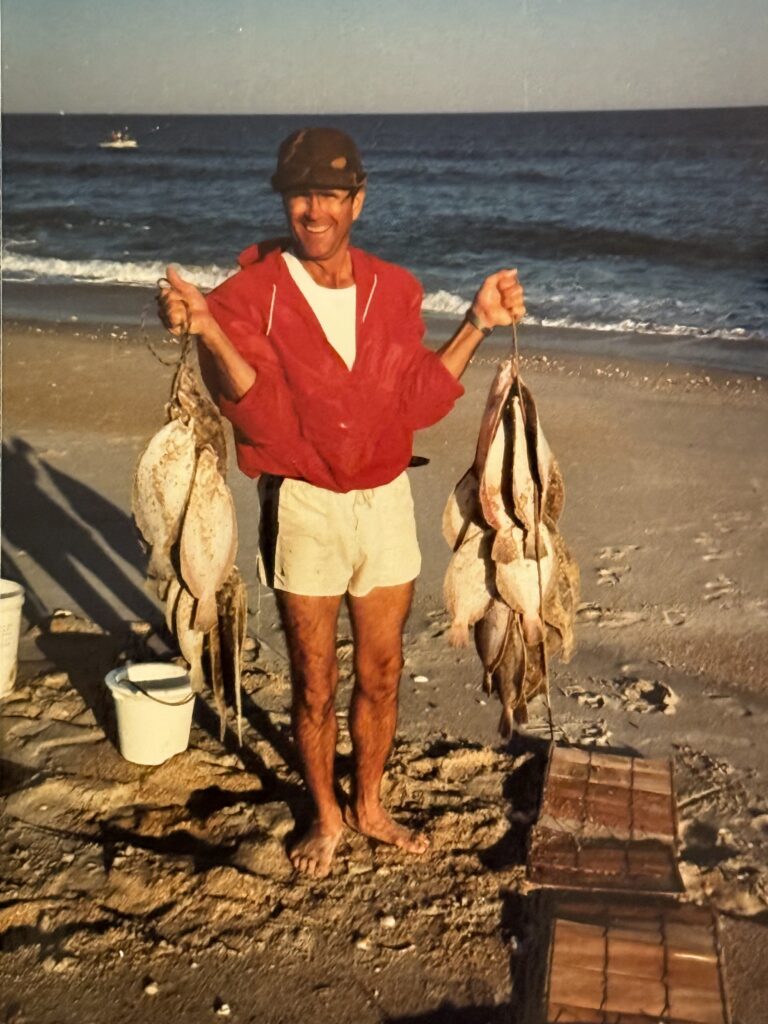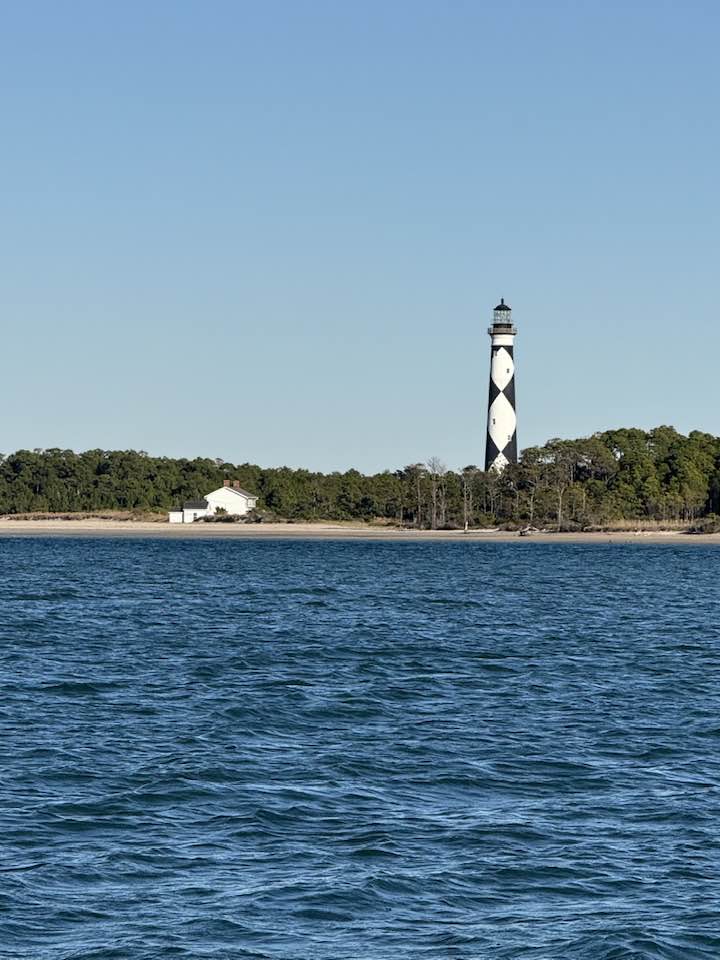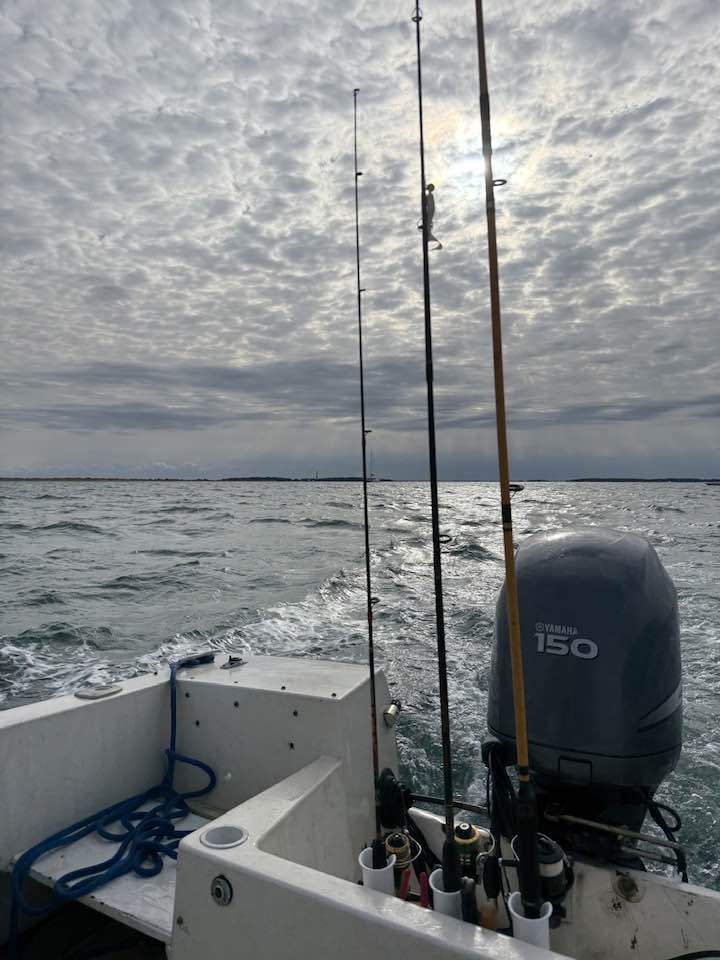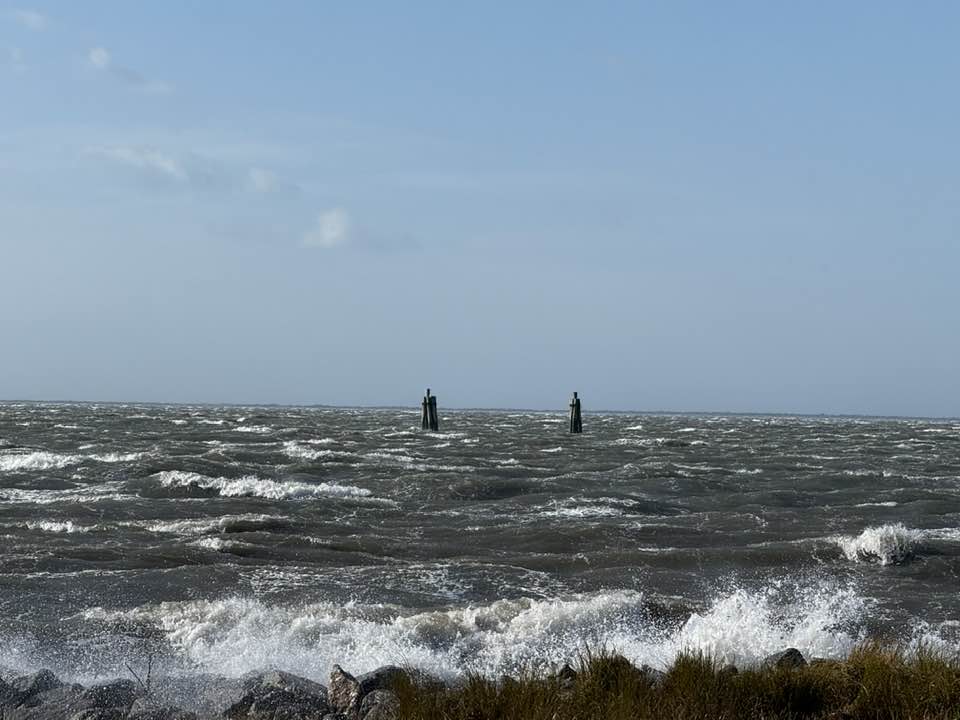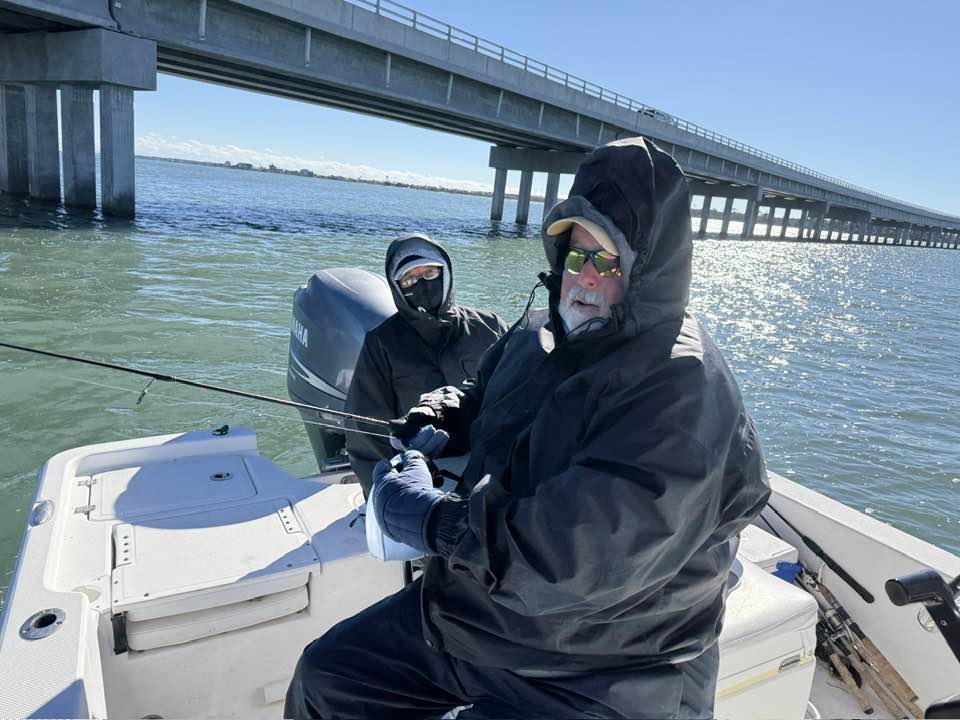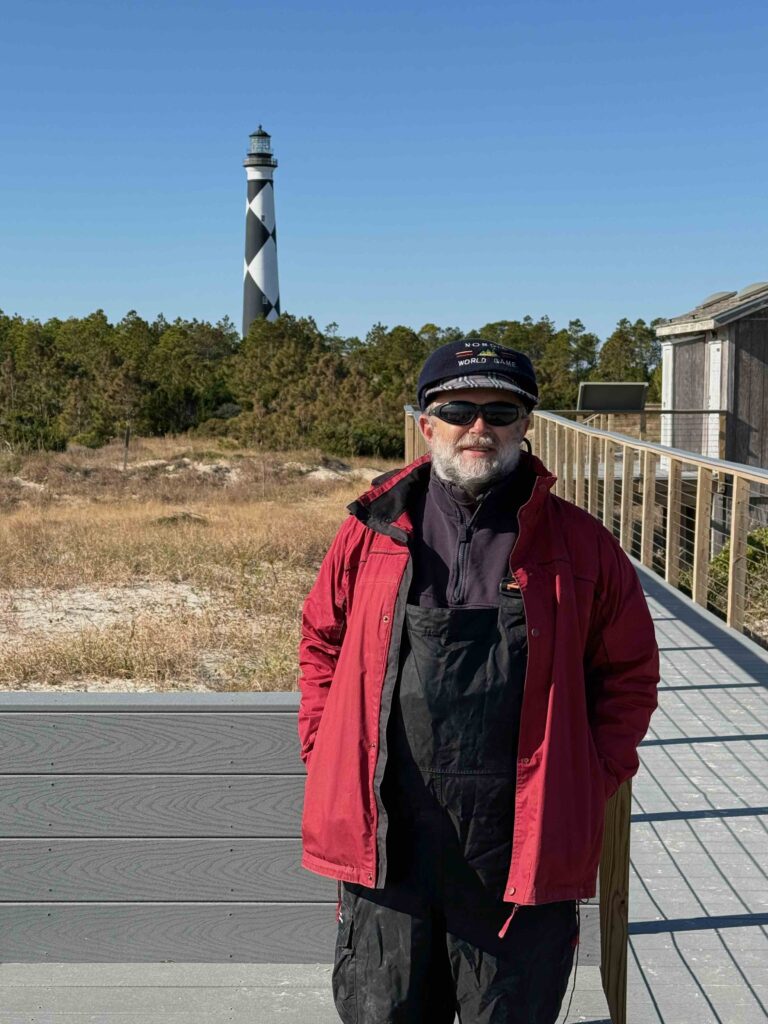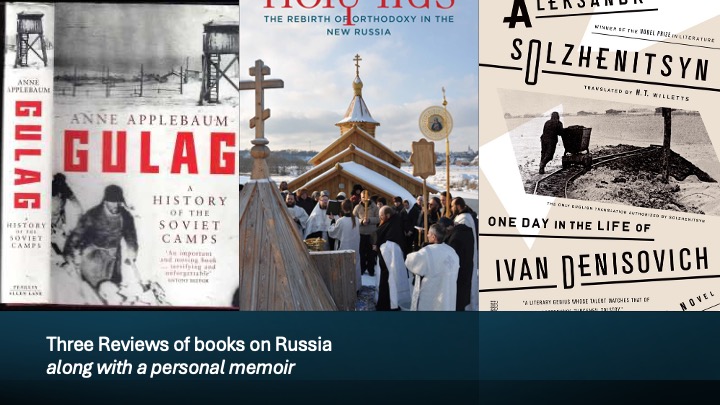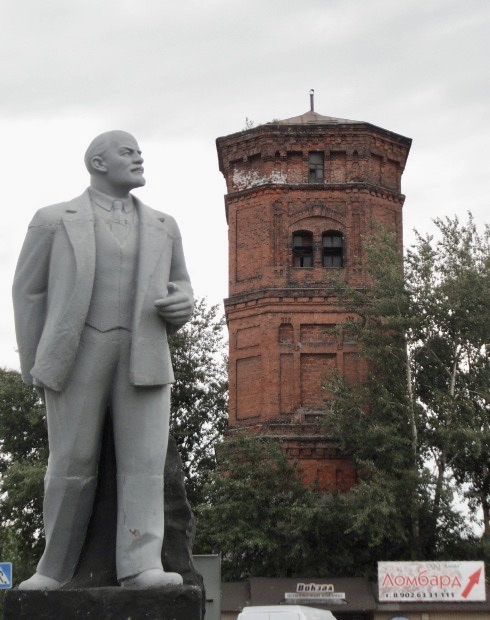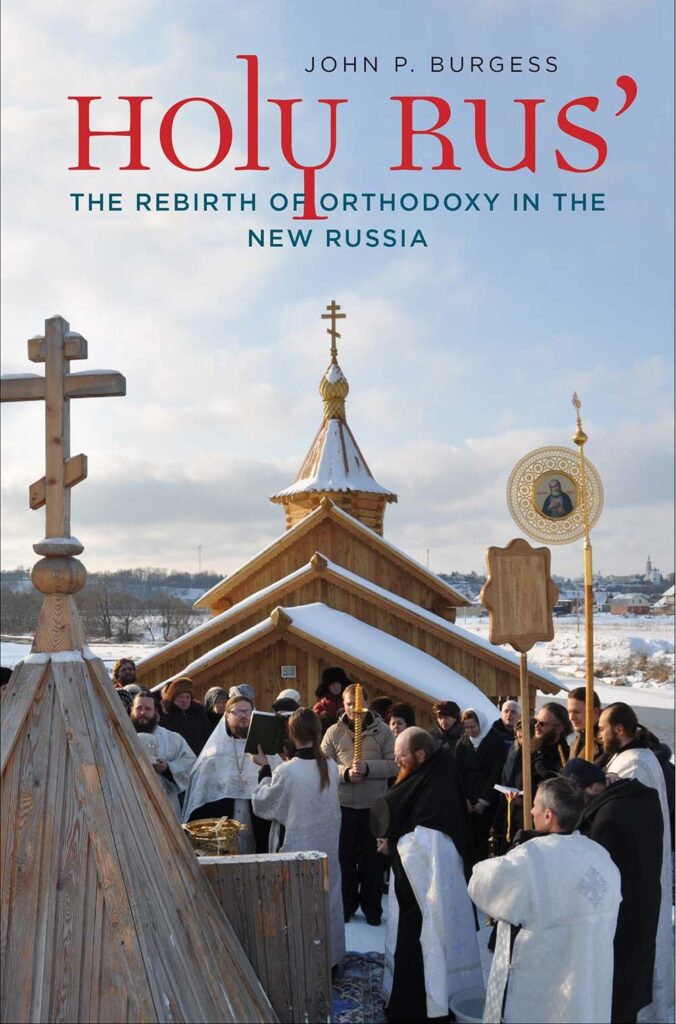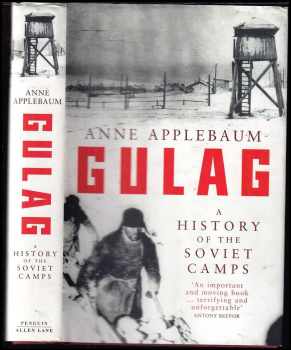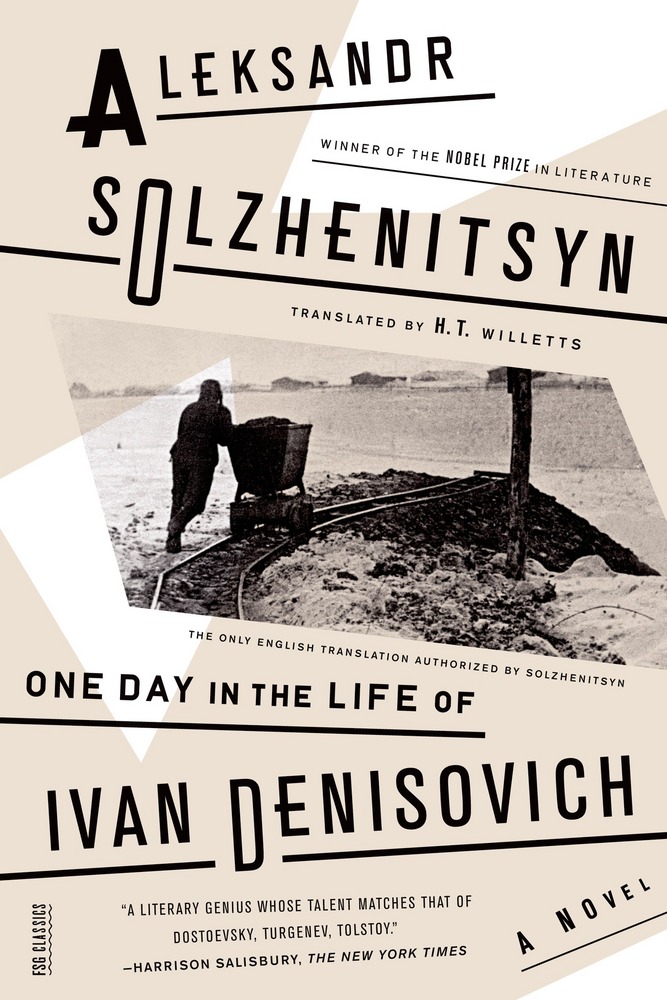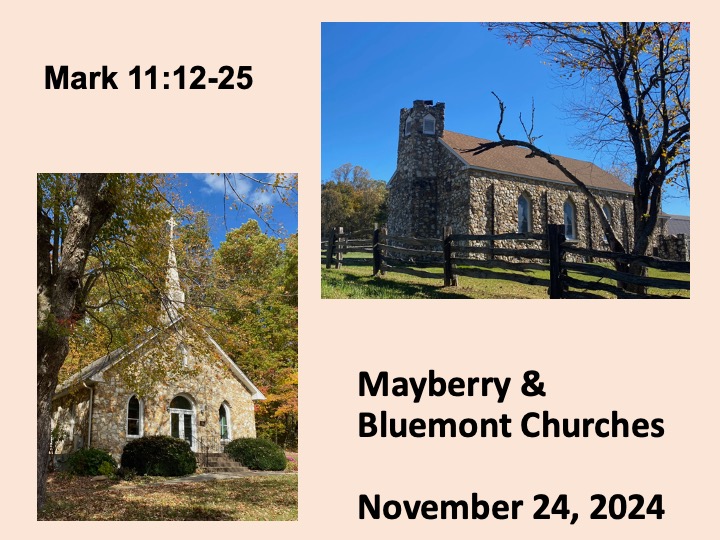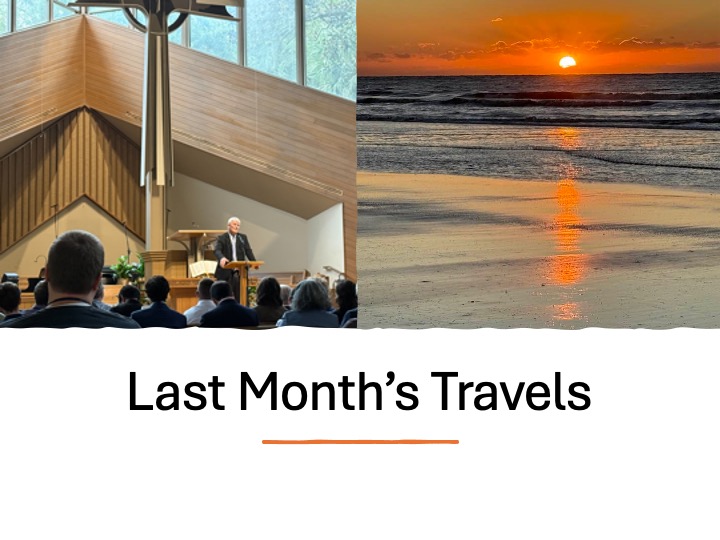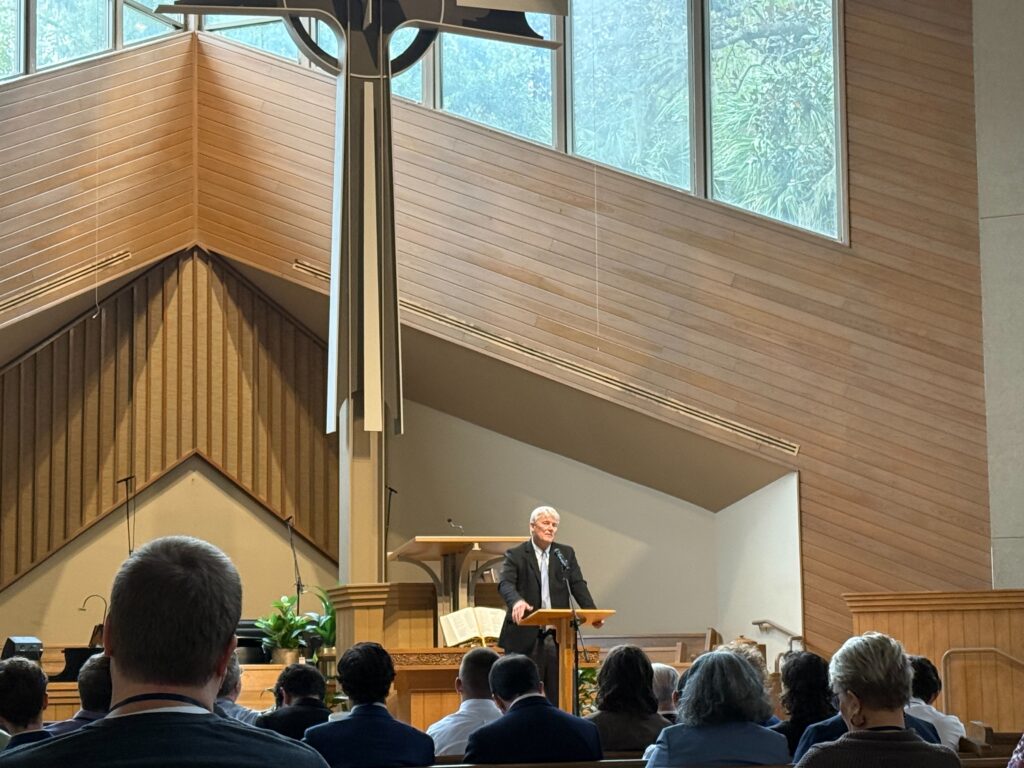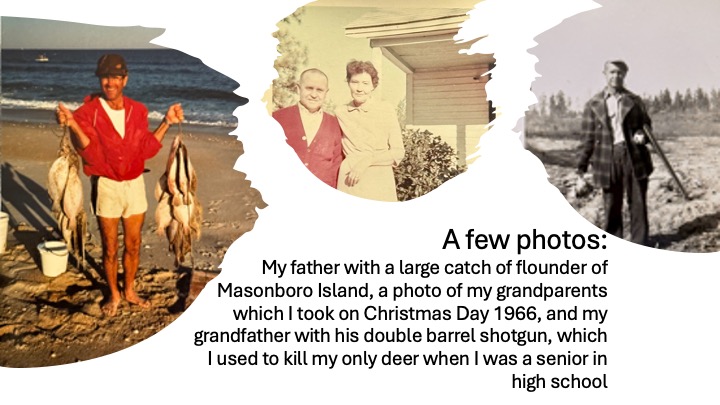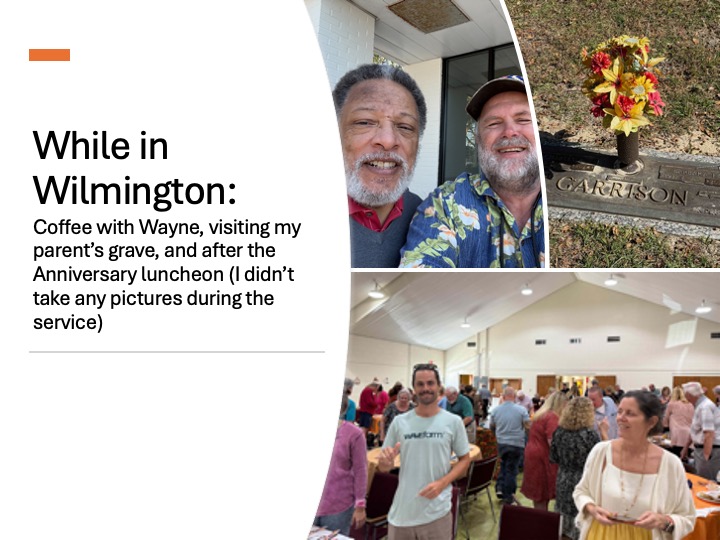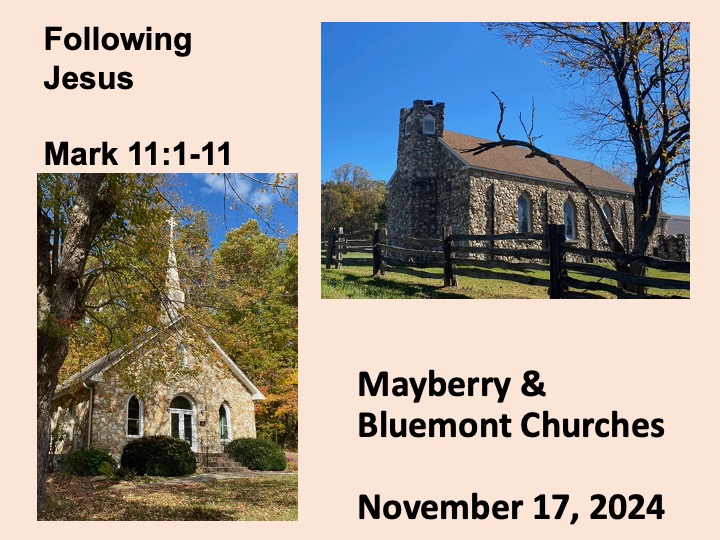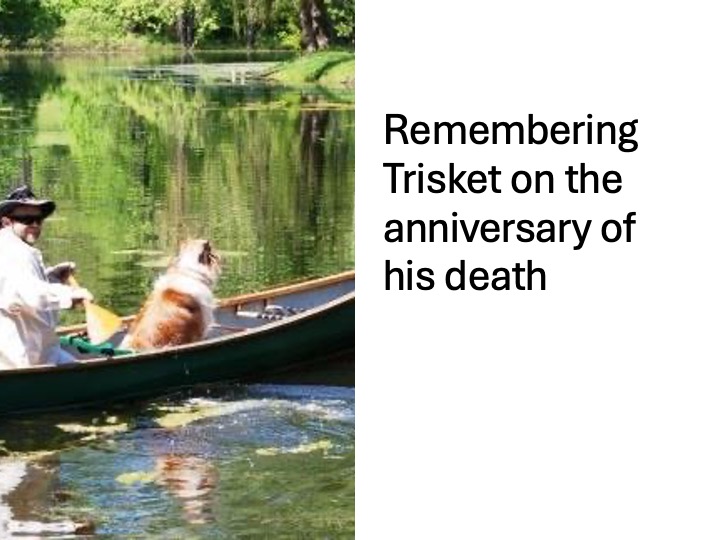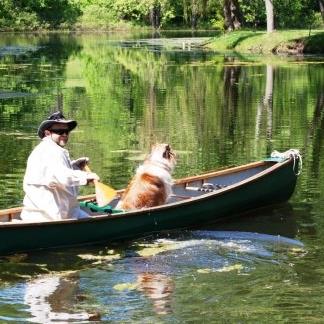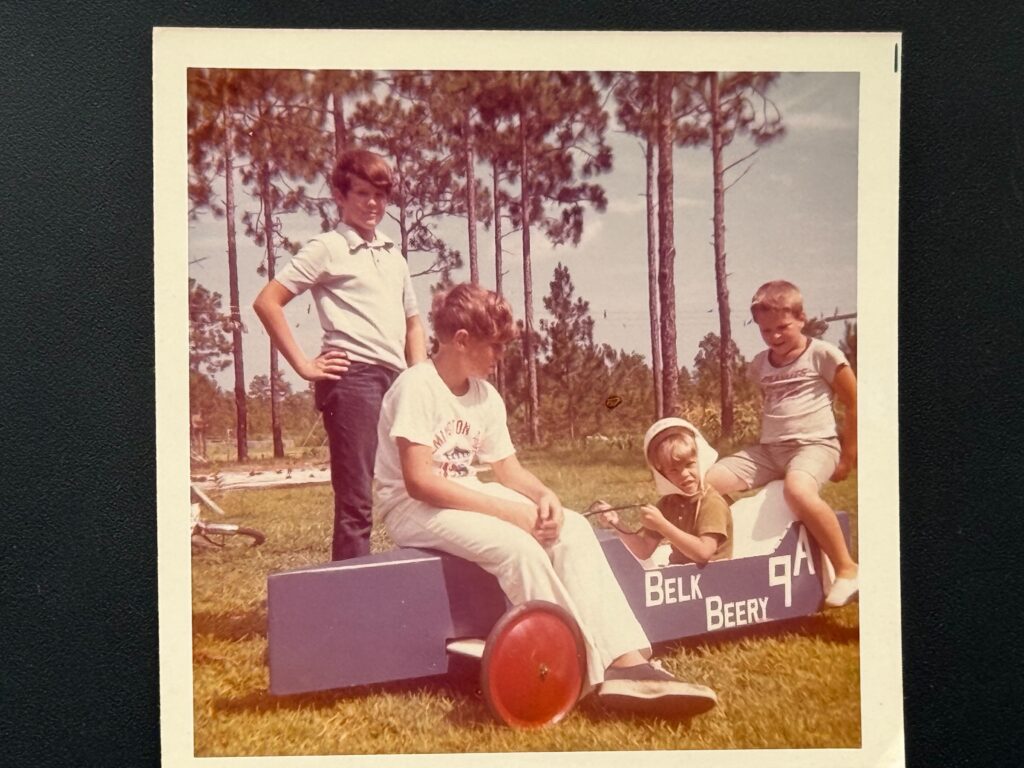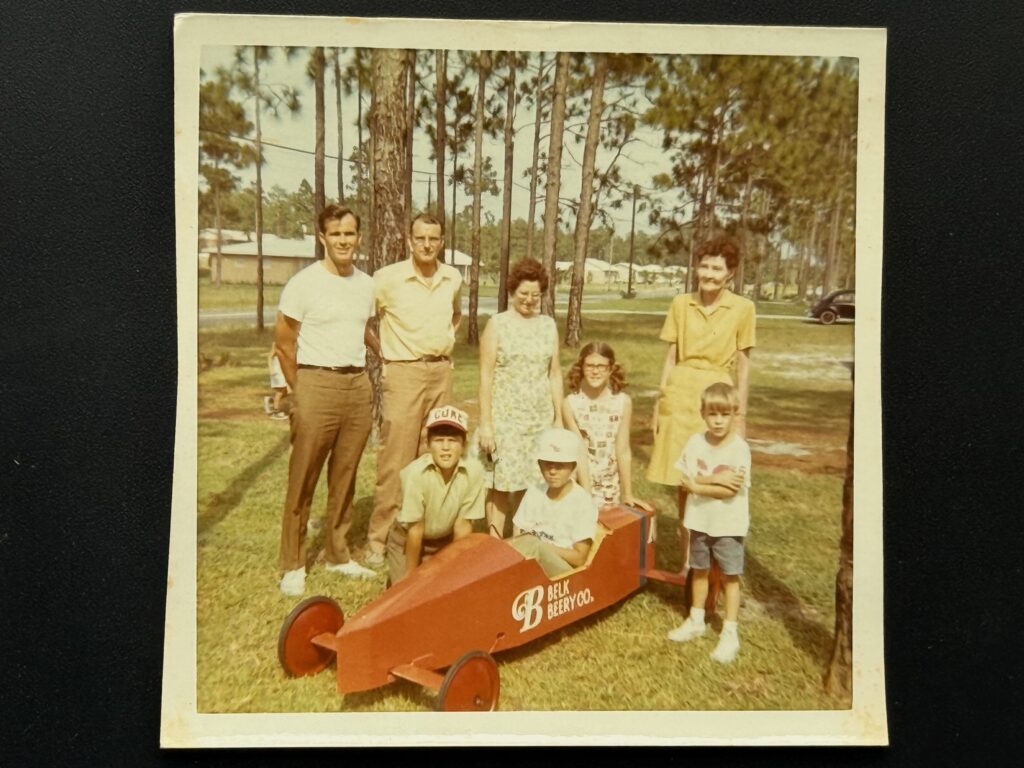Jeff Garrison
Mayberry & Bluemont Churches
Mark 13:14-27
December 15, 2024
At the beginning of worship:
I recently read American Ramble by Neil King. Jack Betts, who attends Mayberry, lent me a copy of this book. An editor for the Wall Street Journal, King battled cancer and Lyme disease. Then came COVID. Then he sets out to walk from his home in Washington, DC to New York. It’s not a long walk, when compared to the the Appalachian or Pacific Crest Trail. But it’s long enough for him to meet some interesting people and to reflect on our nation’s history, the glorious and the infamous.
After making the walk, he returned to visit some of the folks he met along with way. One was Neal Weaver, an Amish man with a large family, in Lancaster County, Pennsylvania. As they watched his children playing, Weaver said. “Humanity at its core hasn’t changed really since the Roman Empire, or whatever empire you choose. We’re facing the same challenges they faced. And in response you try to be cheerful. You try to be a good neighbor. You try to be loving.”[1]
That’s good advice for Christians. While at times the world seems to be descending into hell, we do our best to help and encourage one another. During the Christmas season, people become generous and gracious. Let’s make sure we’re that way for the rest of the year.
Before reading the Scripture:
We’re continuing our Advent exploration of Mark’s “Little Apocalypse,” from the 13th chapter. As I’ve tried to emphasize in my first Advent Sermon, the season in which we prepare for Christmas is also a season to be reminded of our Savior’s return. We’ll hear about this in today’s scripture reading.
The first third of this chapter began with the disciples’ awe of the temple and Jesus’ raining on their excitement by informing them of the temple’s demise. Then, four of the disciples (Peter, James, John and Andrew) corner Jesus to ask him when these things will take place. Jesus foretells all kinds of troubles: from wars to earthquakes to famines.
But instead of saying he’ll return then; Jesus says it’s just the beginning. Wars, earthquakes, and famines are illusions to general calamities which have faced humanity since the beginning of time. Much of the purpose of the opening of this chapter is to encourage the disciples to remain faithful and not lose hope.
Jesus, who has three times in Mark’s gospel foretold his own betrayal, suffering, and death, then informs the disciples of how they’ll experience their own betrayals and suffering. But Jesus suggests this is a positive thing for the disciples will be able to share the gospel even into the highest halls of government. We might recall Paul’s story of taking the gospel all the way to Rome and perhaps even to Caesar himself.[2]
While the troubles in the opening part of this chapter are more general and describe things experienced throughout history, in today’s passage we see a more specific example. Things look bad. After the opening of this chapter, we could almost wonder if they could get worse, and the answer is yes. But even here, there’s hope, as we’ll see.
Read Mark 13:14-27
Evil in the gospels is personalized.[3] The battle Jesus engages in on the earth, as we see from his temptation right after his baptism, is Satan.[4] Satan hides through much of the gospel, with his minions doing his bidding.[5] But here, in the 13th Chapter, Jesus foretells of him making a grand entrance, through another surrogate. It’s a sign for believers to take cover.
As I mentioned in my last sermon, on the first 13 verses of this passage, Jesus insists his followers not use the troubles in the world—whether war, earthquakes, or famine—as a sign of his return.[6] They’re just birth pangs. But this changes in verse 14. Evil appears where it shouldn’t be.
I’m sure that the disciples listening to Jesus assumed this to be in the temple. There was a precented for this. In the 2nd Century BC, a Syrian king placed his own idols in the temple and sacrificed a pig on the altar, a very offensive act against the Jews. It riled up the Jews so much which led to the Maccabean rebellion which cast off the Syrian occupation. This was also mentioned in the book of Daniel[7] and is also from where the Jewish holiday Hannukah comes.[8]
While Jesus says, “Let the readers understand,” the interpretation of this passage isn’t so easy. After all, that sacrilege of the temple occurred nearly 200 years earlier. So, what it be?
Some point out that Caligula, one of the evilest of Rome’s emperors, who wanted to place his own statue in the temple roughly 10 years after Jesus uttered these words. But this never happened. His general in Palestine, knowing what would likely happen if he carried out the order, refused. Obviously, that general was one who understood history of the Maccabean revolt. Caligula was murdered before he could force his decree.
Most likely, what Jesus refers to here is to the destruction of the temple in 70 A.D. by the Romans. However, not everything jives with that account. Jesus doesn’t mention the temple itself, only that place where the evil one shouldn’t be.
We have no record of Titus, the Roman general who re-conquered Jerusalem, appearing inside the holy of holies. Furthermore, when he conquered the city after having cut-off all escape routes, there was no way for people to flee. However, by this point, most of the Christians had already fled. And everyone remaining behind suffered, especially pregnant women.[9]
It’s also difficult to reconcile the false messiahs, whom Jesus speaks of, coming after the fall of Jerusalem, although there were a few such false messiahs, even then.[10] But most of the false messiahs came before the Jewish revolt of 66 A.D. and the destruction of Jerusalem in 70 A.D.
But perhaps Jesus here, isn’t giving us a direct timetable as he insists no one will know when he comes. The whole purpose of the 13th chapter, which is reiterated in verse 23, is to be ready, to be alert, and not to be led astray by some charlatan. We’re to look for Jesus’ coming, no other.
In verse 24, Jesus moves to his own return. After all the troubles he recently mentioned, the trouble takes on a cosmic perspective. The sun no longer shines, which causes the moon to go dark as the stars fall from the sky. Of course, they had less knowledge of astronomy than us. The idea of falling stars as opposed to meteors being space debris, wasn’t fully understood.
But the point Jesus makes, I think, has to do with darkness as in there being no hope. And against this darkness, Jesus returns. His brilliance, against the dark sky, will be impossible to miss. Jesus second coming is different than his first in that all will see and understand. And the purpose of his coming is to save the elect, those whom God has chosen.
While there appears much to be concerned with this text, we’re given two bits of hope. First, God isn’t going to let the troubles of the world continue for too long. Second, in the end, Christ returns.
Of course, without the sun providing our planet with warmth and light, the world wouldn’t last very long. But then, as the faithful, we know that without God’s light, whom Jesus brought into the world,[11] we’d be hopeless. So, we wait, knowing that in the end, God will make all things right.
Interestingly, while the sacrilege in the opening of our passage could also be interpreted as the antichrist and antichrists spoken of in the Epistles of John,[12] Mark doesn’t go into his judgment of this person.
Mark concerns himself with the faithful, God’s elect. Mark informs and proclaims Jesus’ gospel in a way that those of us who listen, may believe and follow. That’s what’s important. Do we accept what God through Jesus Christ, has done for us? If so, we should not be tempted to run after others who make great promises. Instead, we keep our eyes focused on Jesus, especially in times of trouble. And, as Mr. Weaver suggested, we try to be cheerful, a good neighbor, and loving. Amen.
[1] Neil King, Jr., American Ramble: A Walk of Memory and Renewal (New York: Mariner Books, 2023), 344.
[2] Upon Paul’s arrest, as a Roman citizen, he appealed to Caesar, which resulted in his trip to Rome (described in Acts 21-28. At the end, we’re told that Paul spent two years in Rome, but we’re not told of him having an audience with Caesar.
[3] “In the New Testament, the devil is a leading character.” Fleming Rutledge, “Something Evil The Way Comes,” in Advent: The Once & Future Coming of Jesus Christ, (Grand Rapids, MI: Eerdmans, 2018 ), 63.
[4] Mark 1:13.
[5] Consider the accounts of the demons who recognized Jesus. See Mark 1:21-24 and 5:1-20
[6] https://fromarockyhillside.com/2024/12/01/well-always-have-troubles/
[7] Daniel 9:27, 11:31, and 12:11. To see my sermons on these sections of Daniel: https://fromarockyhillside.com/2022/02/20/5529/and https://fromarockyhillside.com/2022/02/27/the-conclusion-of-daniel-promised-rest/
[8] See https://en.wikipedia.org/wiki/Hanukkah
[9] For the background of these possibilities, see James R. Edwards, The Gospel According to Mark (Grand Rapids, MI: Eerdmans, 2002), 396-397.
[10] Simon Bar Kokhba was claimed to be the Messiah. He led the revolt against Rome from 132-135 A.D.
[11] See John 1:1-5, 3:19-21.
[12] 1 John 2:18, 22; 4:3; and 2 John 1:7.



